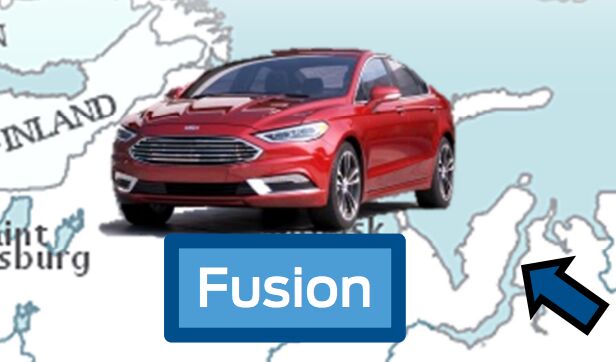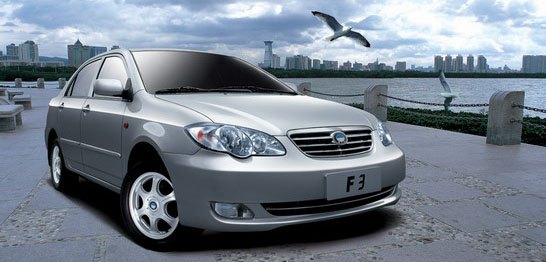#image
No Fixed Abode: You Don't Want A Jeep Pickup, You Pansy!
Last week, rookie TTACer Aaron Cole called the RAM Rebel a Jeep pickup. I don’t think it would be impossible to make the case that the Rebel is a successor of sorts to the J10 and J20 full-sizers like the one that Jalopnik is rebuilding right now. Those pickups were discontinued after Chrysler acquired AMC because there just wasn’t enough money in the hopper to update them and do a new Dodge Ram truck. Shame, really, because the “FSJ” did have some fans and there are still people willing to pay sixty grand for a ’91 Grand Wagoneer.
Chances are, however, than when you think of a “Jeep pickup” you’re not thinking about a full-sizer at all. Rather, you’re envisioning what’s known as a “CJ-8”. It’s perfectly possible to buy a modern CJ-8. It’s also perfectly impossible that Jeep will ever be willing to sell you one. The reason? Why, it’s basically the same reason that the Camry V6 is not the most popular cop car in existence.
LEAKED: 2017 Ford Fusion Refresh - Can You Tell The Difference?
Is this the refreshed 2017 Fusion? A Ford slideshow presentation used at the J.P. Morgan Auto Conference sure points to the affirmative, according to AutoBlog. Yet, it doesn’t look like much in the way of change is afoot with the Blue Oval’s midsize sedan. You’d be hard pressed to find much of a difference at all.
What's Wrong With This Picture: The Rugged EV Lifestyle Edition
Of all the barriers standing in the way of commercial success for electric cars, the “image issue” is perhaps one of the least understood. Most EV firms have embraced the distinctively Western “green consumption” trend, in which a kind of environmental asceticism drives consumer values of downsizing and ultimately self-denial. But making a conscious choice to not use gasoline and accepting whatever the market happens to offer is not a phenomenon that automakers can expect to sustain itself. If they ever want to achieve mass acceptance, EVs need an image context that goes beyond graywater recycling, “freeganism” and other highly conscious but ultimately self-denying lifestyle choices.
Racing is one obvious way to broaden EV appeal, as it highlights the positive performance aspects of EV drivetrains, but sadly no major OEM will commit to an EV racing series. Besides, racing hardly builds on the existing (if limited) green appeal of EVs. Enter the EV as disaster response vehicle. The NYT has a fantastic story about the use of EVs in rescue efforts after the Japanese quake/tsunami, when gas was largely unavailable. The story proves that EVs, far from being mere lifestyle accessories, can be hugely useful in the right circumstances. And because so many green lifestyle choices stem from a perspective of apocalyptic expectation, this story both broadens and builds on the EV’s existing appeal. Most importantly of all, pictures like the one above will do more to banish the limp-wristed, “anti-luxury” image that curses EVs than just about anything else. Just as SUV buyers would swell with pride seeing an ad image of their Explorer in off-road conditions they would never visit themselves, the image of EVs running first-responder missions in a quake-torn Japan could be of lasting significance.


















Recent Comments